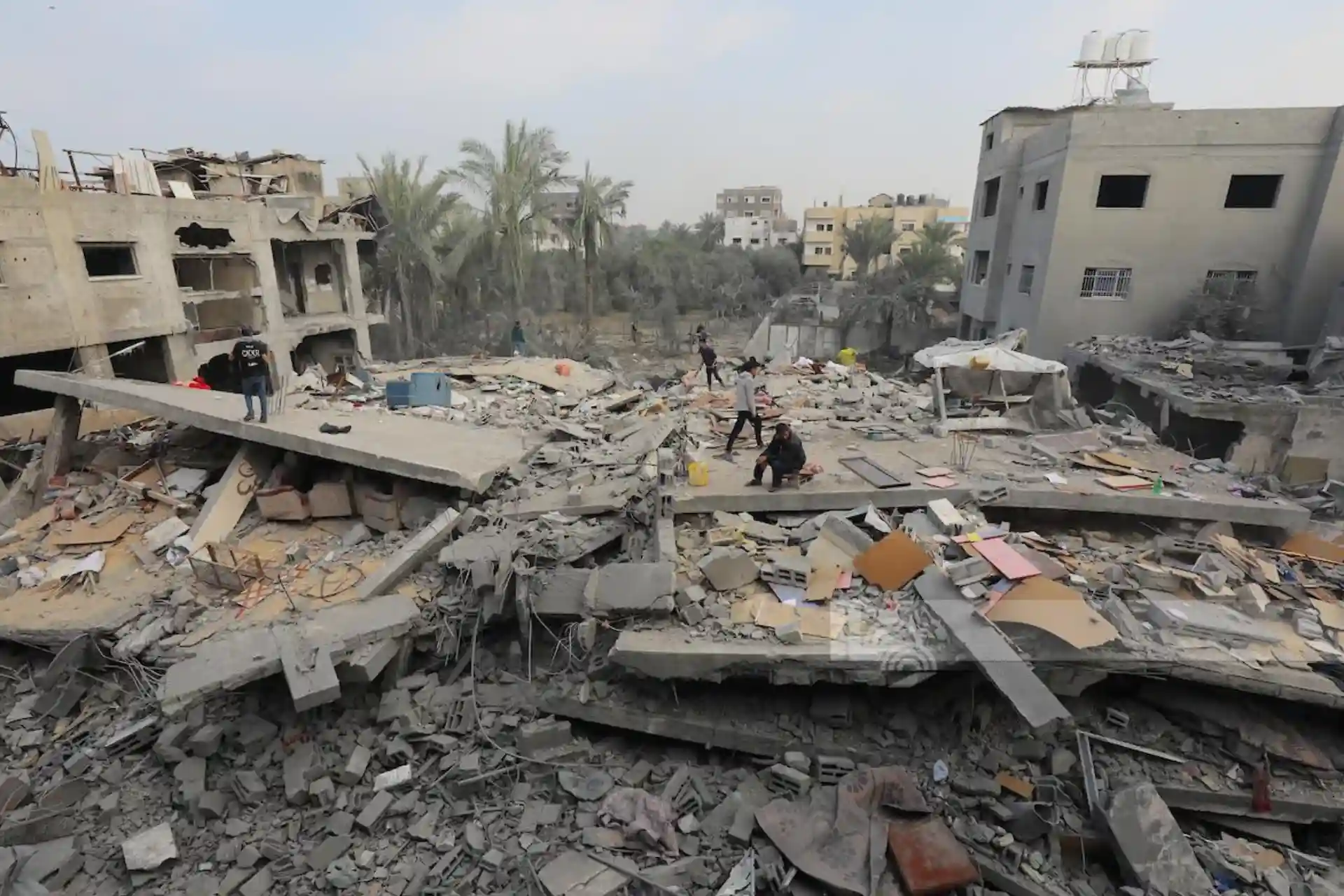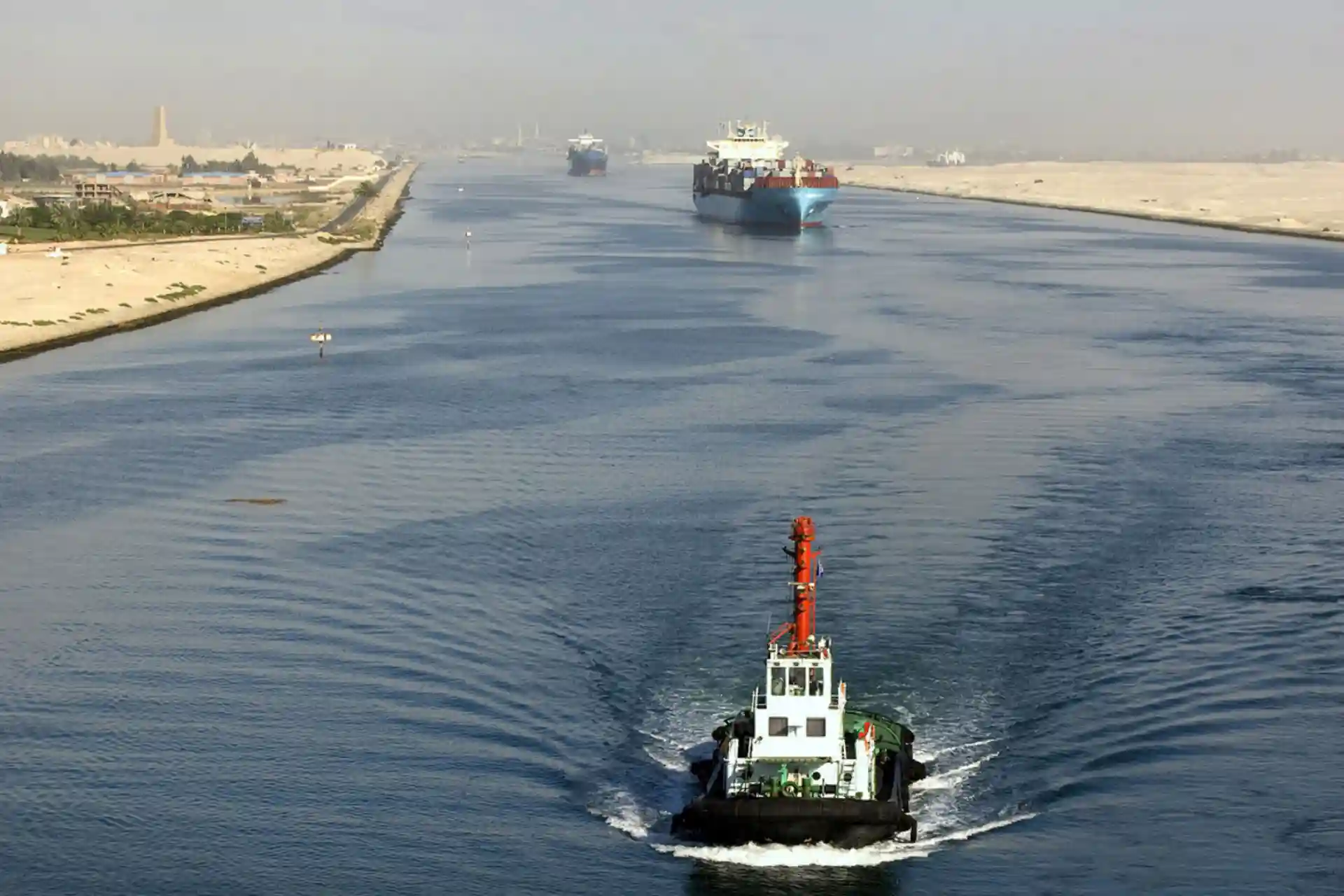12.10.2024 16:48
2212
How is the Egyptian economy affected by geopolitical tensions?
Currently, one of the countries that is directly affected by the tension between Iran and Israel is Egypt. Following the assassination of Hezbollah Secretary General Hassan Nasrullah in Lebanon and the assassination of Hamas leader Ismail Haniya in Tehran, the Islamic Revolution Guards Corps (IRGC) fired about 200 ballistic missiles at the Jewish state. As a result, the entire Middle East came to the brink of a full-scale war.
Despite Egypt's prudent and balanced policies, Cairo faces a number of risks and losses in various directions. Egypt will be able to cover the bulk of the total damage from its financial resources, but the potential consequences could be much greater. After all, the parties to the conflict have already crossed the defined "red lines". At the same time, Israel is expected to make serious retaliatory strikes against Iran.
What is happening in the region is directly against the interests of Egypt. The country is sandwiched between regions of instability, such as Gaza in the northeast, Sudan in the south, Libya in the west, and the Red Sea in the east. In the Red Sea, attacks by the Yemeni Houthis on cargo ships bound for Israeli ports or in some way connected to the occupying power have negatively affected the volume of international shipping and led to a decrease in Suez Canal revenues.
Recently, the President of Egypt, Abdul Fattah Al-Sisi, announced that his country suffered more than 6 billion dollars in damages due to the tension in the Red Sea. According to Bloomberg, 12 percent of the world's trade is conducted through the channel connecting the Red Sea and the Mediterranean Sea, and about 30 percent of the world's cargo containers are transported.
In 2022-2023, Egypt received $9.4 billion in profits from cargo transit through the Suez Canal. Experts say that the decrease in the inflow of foreign currency into the country will be a serious blow to the Egyptian economy. It is noted that the channel's revenue has fallen to the lowest level in the last 19 years and has decreased by almost 65%.
According to the Central Bank of Egypt, revenue in the second quarter of this year was about $870 million: this figure is a significant decrease compared to the same period in 2023 (more than $2.5 billion).
The longer the conflict drags on, the more likely it is that major company ships will divert from the Red Sea to the Cape of Good Hope. It could also fuel a global trend to open new sea lanes in the Suez Canal to eliminate any problems that might pose a danger to ships.
Last December, Russian President Vladimir Putin also said that shipping through the Northern Sea Route [connecting the Atlantic and Pacific Oceans] is becoming more efficient than the Suez Canal.
The current conflict is not only disrupting trade, but also causing a decline in tourism. Also, the increase in the prices of goods, services and fuel caused the increase in the cost of imports every month. Egypt imports many strategic commodities from abroad, including oil, gas, iron, wheat, corn, and medicine.
Tensions between Tehran and Tel Aviv could deprive Cairo of Israeli gas. Such a situation will lead to power outages in the country and seriously affect the quality of tourism, hotel and entertainment services.
Airlines bypassing Egyptian airspace makes the situation even worse.
Another consequence of geopolitical tension in the region is the increase in oil prices.
This was reflected in the price of Brent crude futures, which increased by about five percent after Iran's attack on Israel. If the conflict widens and Iran's oil facilities are targeted, prices could rise further.
In addition, gold prices are also rising due to increased demand for safe-haven assets as the war in Gaza enters its second year. These factors, in general, increase the level of inflation in Egypt and create a wave of high prices in the markets.
The development of events indicates the outflow of foreign capital from the country, the refusal of investors to invest in the Egyptian market, and the increase in the flow of Lebanese refugees.
The European Bank for Reconstruction and Development has warned that the escalating crisis in the Middle East could engulf countries such as Egypt and Jordan.
If the war expands regionally, the United Nations Development Program predicts that Egypt's potential losses could reach $13.7 billion due to reduced revenues from the Suez Canal and the tourism sector.
In July, the International Monetary Fund cut Egypt's growth forecast for the current fiscal year to 4.1 percent from 4.4 percent in April due to the war in Gaza and the escalation of the situation in the Red Sea.
On the other hand, the explosion of pagers in Lebanon that injured or killed 3,000 people raises many questions and problems for the security of Egypt.
The fact is that Egypt is forced to buy communications equipment and cyber security systems for its military from companies in the US and Europe that are financed by the Jewish state. According to the Arab Defense site, among these companies is the French company Thales, which is a leader in the military-industrial complex and supplies the Israeli army with special equipment and communication systems. The same company supplies communication systems and surveillance radars to the Egyptian army. In this context, concerns about similar security breaches affecting mobile phone users in Egypt are logical.
The Prime Minister of Egypt, Mustafa Madbouly, also spoke about this and pointed out that "the government carefully studied the events in Lebanon and learned certain lessons."
The pager blasts have prompted countries in the region, particularly Egypt, to rethink their cybersecurity strategies, according to anonymous sources. In particular, the possibility of repetition of this type of attacks, which may target electric cars or electronic devices, is becoming urgent.
Information security specialist Walid Hajjaj contacted the Hadis al-Qaira program on the Cairo and Khalq channel by phone and warned about the danger of turning electric cars into traps because they can be controlled remotely.
Thus, Egypt is suffering huge losses in all areas due to the deteriorating security and military situation in the region. These huge losses limit its financial and economic capabilities, threaten its national security and strategic interests.



